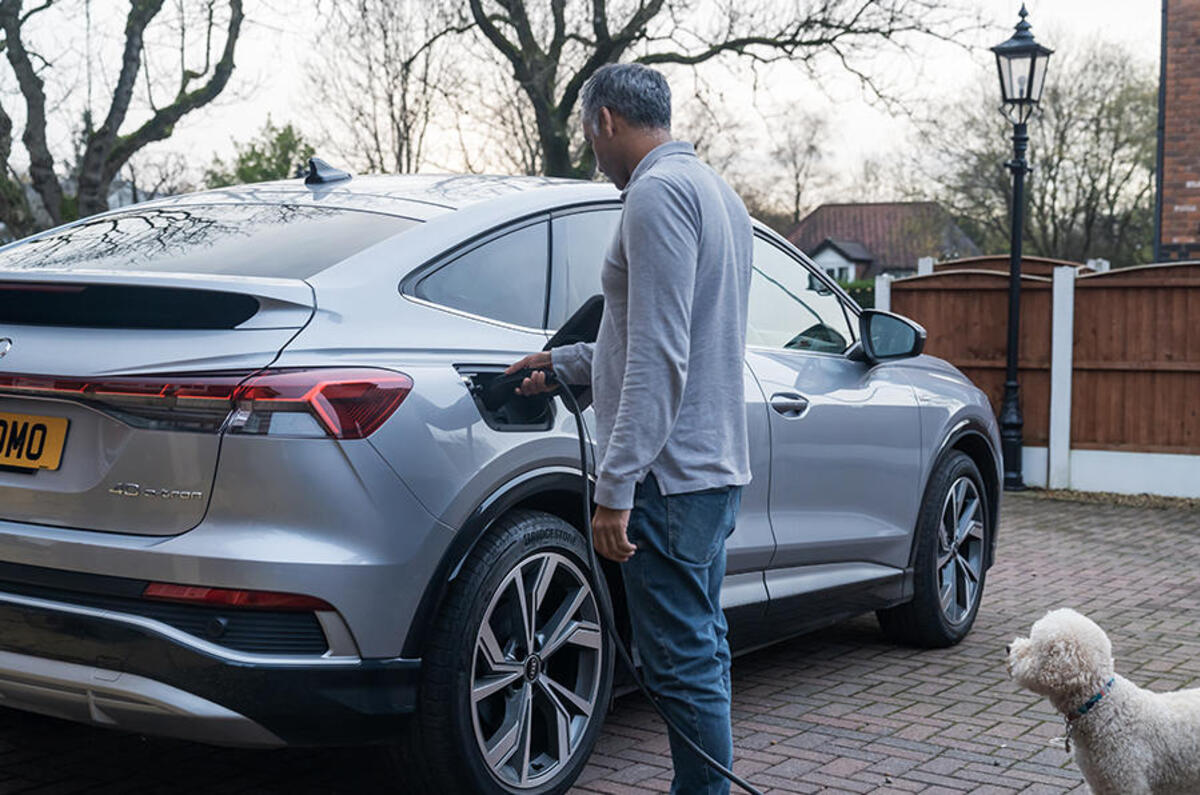"Misinformation" is what the recent House of Lords report on the UK’s bungled EV strategy called some of the mainstream media reporting about electric cars.
“Several witnesses told us that media coverage of EVs was inaccurate and portrayed EVs in a disproportionately negative light - noting that even when corrected, fact checks often do not reach as wide an audience as the original article,” it read.




Add your comment